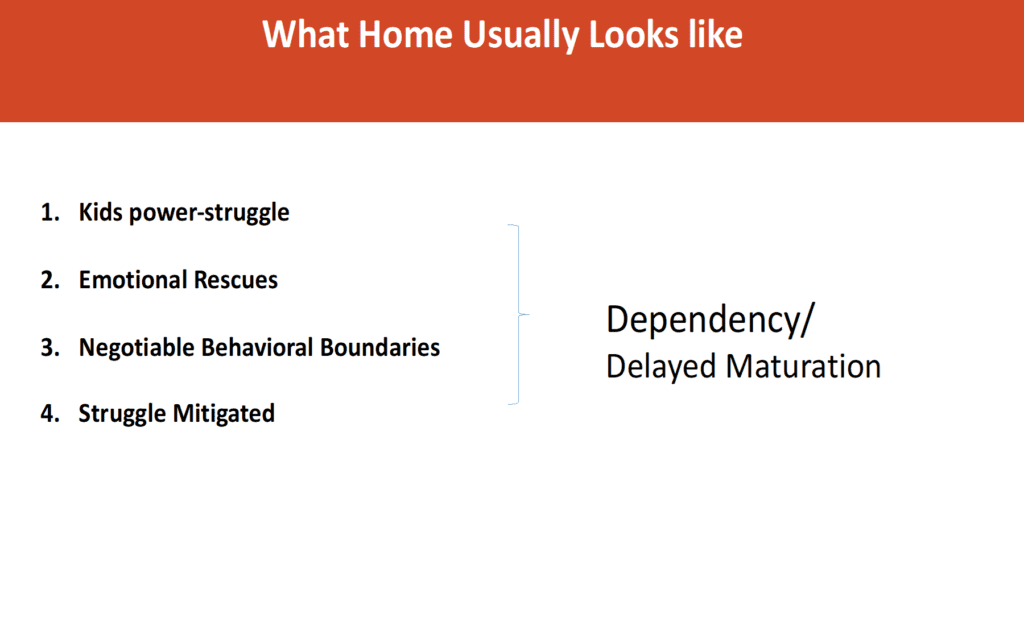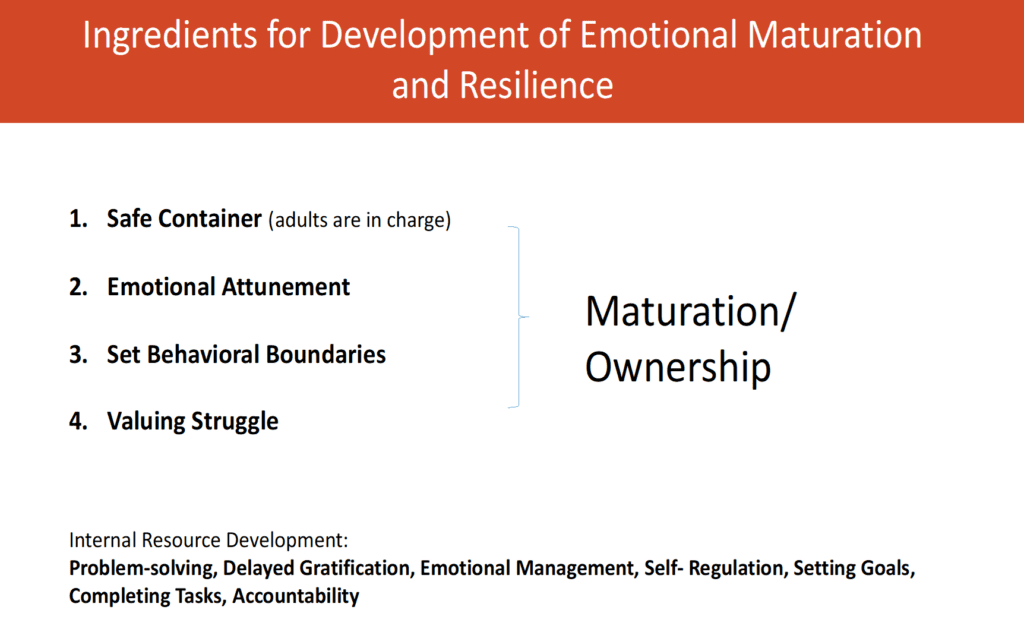Understanding Safe vs. Unsafe Struggle in Parenting Teens
Parenting teenagers often feels like a tug-of-war: one moment, your child is declaring their independence with a slammed bedroom door, and the next, they’re asking for a ride, money, or help with homework. The paradox is summed up perfectly in Anthony E. Wolf’s book Get Out of My Life, But First Could You Drive Me & Cheryl to the Mall?—teens want freedom, but they also need connection, structure, and support.
As parents, the challenge lies in knowing when to step in and when to step back. Many of us fall into a familiar pattern: our teen is struggling, we can’t bear to see them in pain, so we swoop in to rescue. While our intentions are rooted in love, constantly rescuing can actually rob them of the safe struggles they need to grow.
Safe Struggle vs. Unsafe Struggle
Not all struggle is harmful. In fact, safe struggle is essential for building resilience, confidence, and problem-solving skills.
- Safe struggle might look like: learning to navigate a tough teacher, managing peer conflicts, forgetting homework and facing the consequence, or trying out for a team and not making it. These are challenges that stretch a teen without putting them at serious risk.
- Unsafe struggle involves situations that endanger a teen’s well-being—unsafe driving, substance use, bullying that crosses into abuse, or mental health crises. These are moments when stepping in is not just appropriate but necessary.
The key is distinguishing between the two. Safe struggle is uncomfortable to watch but often necessary. Unsafe struggle requires intervention.
The Rescue Trap
Parents often step in too quickly, not because teens can’t handle something, but because we can’t tolerate their discomfort. We imagine that letting them struggle means we’re failing them. But rescuing too often creates dependence, fuels frustration (“Stop controlling me!”), and denies them the chance to practice self-reliance.

Think about a baby learning to walk. We don’t hold their hand every second; we let them wobble and fall, knowing they’ll get stronger with each attempt. Teens are the same—just with bigger emotions and bigger stakes.
Here at Summit Achievement, in our intentionally developed parent curriculum, parents learn that rescuing and limiting safe struggles creates a dependency and delayed maturation. On the other hand when adults create a safe container, set behavioural boundaries and allow for the safe struggle, owner and accountability exist and teens can build resilience and emotional maturation.

Holding the Paradox
So how do we hold this paradox: our teens are declaring “Get out of my life,” while simultaneously needing us to drive them to the mall? It starts with recognizing that both are true. They are testing independence and longing for connection. Pushing away and pulling close are part of healthy development.
As parents, our role isn’t to eliminate their struggle but to:
- Stay steady: Be the safe harbor they can return to, even when they push you away.
- Choose wisely: Step in when safety is at stake; hold back when the struggle is safe.
- Name the paradox: Sometimes simply saying, “I know you’re frustrated with me right now, and I’m still here for you,” helps a teen feel both respected and supported. Essentially, skip the content and focus on the emotion.
The Long Game
Allowing safe struggle while protecting against unsafe struggle is the balancing act of parenting teens. It’s not about being perfect; it’s about being intentional. Each time you let your teen wrestle with a safe challenge, you’re giving them the gift of resilience. Each time you step in to keep them safe, you’re showing them they can trust your protection.
So the next time you hear, “Get out of my life, but first could you drive me & Cheryl to the mall?”—remember: it’s not rejection, it’s development. They’re learning how to be separate and connected all at once. And you’re learning, too—how to love them fiercely while letting them grow.
If your teenager is struggling with their mental health or difficulty within the family system, and you are considering treatment options, perhaps Summit Achievement could be right for your family. Reach out to Admissions today.